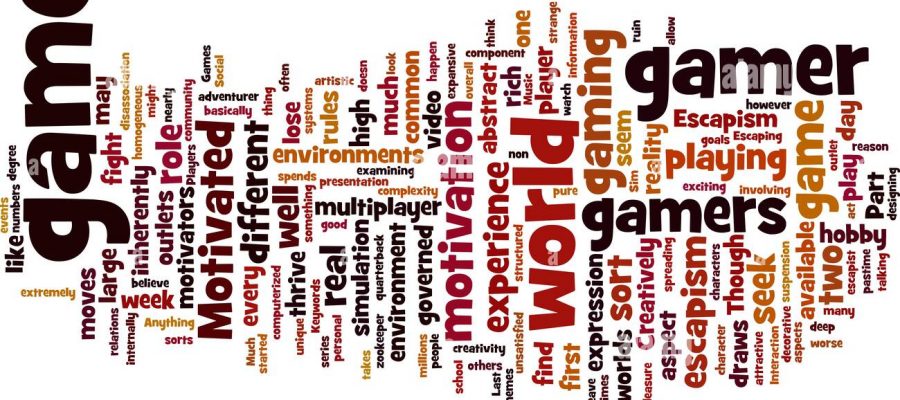Content Table:
Why We Play Games, Part 2
Introduction
Last week, we delved into the motivations behind gaming, focusing on challenge and competition as two of the primary drivers for many players. This week, we continue our exploration by examining two more significant motivators: creativity and escapism. Understanding these aspects can help us appreciate the diverse reasons individuals engage with video games.
The Role of Creativity in Gaming
Creativity is perhaps less commonly discussed than challenge and competition, but it plays a vital role in the gamer psyche. At first glance, gaming might not seem like a particularly creative endeavor, given its structured rules and systems. However, there is substantial room for self-expression within this framework.
Many games encourage creativity directly through unique presentations and artistic themes. For example, music games allow players to express themselves while adhering to a set of rules, and simulation games provide players with a platform to design and manage virtual worlds. Additionally, multiplayer games, particularly MMORPGs, offer extensive customization options for characters and environments. Players can create unique appearances and choose how they interact with the world around them.
The creatively motivated gamer finds joy in games that offer high levels of expression, decoration, or abstraction. They thrive in environments that allow them to showcase their creativity, but they may struggle in games dominated by numerical systems or homogeneous designs. For these players, the artistic aspects of gaming are just as important as the gameplay itself.
Escapism: A Universal Motivation
While creativity is an important motivator, escapism resides at the heart of every gamer’s experience. By design, games transport players to different worlds, allowing them to assume roles that may be more thrilling than their everyday lives. Whether they become adventurers, pilots, or zookeepers, the opportunity to escape into these roles provides motivation for many gamers.
Escapism-motivated gamers are drawn to immersive environments that feel rich and realistic. They seek games where the suspension of disbelief is strong, allowing them to lose themselves in the narrative and complexity of the world. Role-playing games (RPGs) and simulation games are particularly appealing, as they provide detailed settings that enhance the escapist experience.
Interestingly, MMORPGs, despite their vast and intricate worlds, may not always attract escapism-motivated players as much as pure RPGs do. This is often due to the multiplayer aspect, where players frequently engage in discussions about game mechanics or other topics unrelated to the game world. Such interactions can disrupt the immersive experience and lead players to prefer interactions with non-player characters or like-minded individuals who share their motivations.
Understanding the Downsides of Escapism
While escapism can be a positive aspect of gaming, it’s important to acknowledge its potential downsides. Gamers who spend excessive time in virtual worlds may begin to disconnect from reality, leading to challenges in their personal and professional lives. This disassociation can result in problems with work, school, and relationships.
However, escapism is a fundamental part of the human experience. Activities such as vacationing, watching movies, or attending sporting events are all forms of escapism that allow individuals to break away from their daily routines. Gaming is no different; it offers an escape from the mundane, providing players with thrilling adventures and experiences.
As gamers, we often face misunderstanding from those outside our community. It’s crucial that we advocate for the positive aspects of gaming culture and fight against the stereotypes associated with it. Additionally, we must maintain a healthy balance between gaming and real-life responsibilities, understanding that while games can be an incredible escape, they are ultimately just a pastime.
Looking Ahead
In the next installment, we will conclude our exploration of gaming motivations by discussing social interaction. We’ll also begin to piece together a unified theory about what drives us as gamers and how these motivations influence our gaming experiences.



